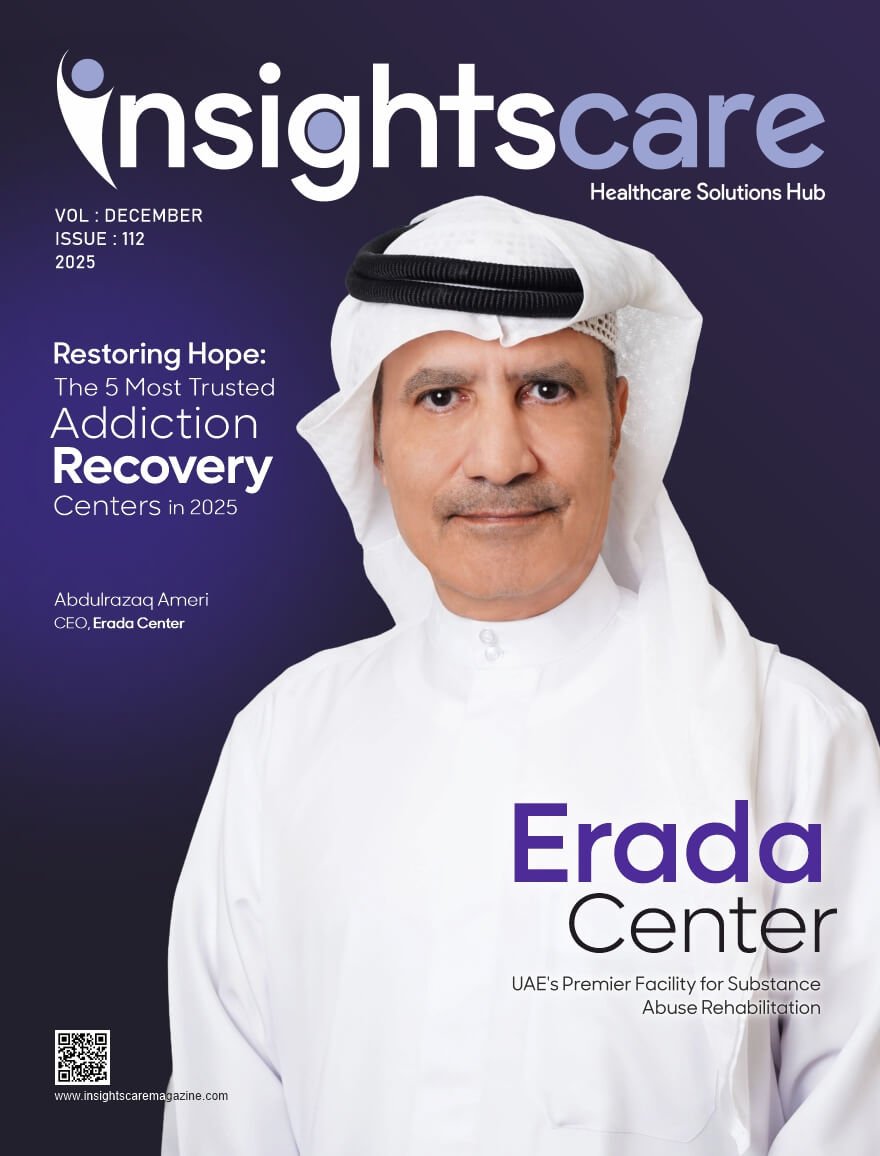Intermittent fasting has become a strong and versatile solution in enhancing health and well-being in general. Yet, what is fasting, and how come it has become such a buzzword among scientists and health-lovers alike? In the most basic terms, fasting is a dietary routine that involves cycles of consuming and fasting, instead of considering the type of foods to consume. In cases of fasting, the body uses the recently eaten calories as the energy source and converts them into stored fat, which causes a cascade of healthy metabolic and cellular reactions.
This blog contains reflections on the fact that periodic fasting has become a powerful and multifunctional tool in improving overall health and well-being. Fasting is based on eating and fasting cycles, whereas traditional diets revolve around the consumption of a certain type of food. Scientists and health enthusiasts alike have found this peculiar trend fascinating, and it has become one of the most discussed lifestyle choices over the past few years.
The Benefits of Choosing Intermittent Fasting
Studies have shown that it has a variety of health benefits that have been clinically proven. Weight loss and better body composition are two of the greatest benefits. With the restriction of the food intake time, the general calorie consumption is going to be reduced by default. In addition, the fasting cycles raise the metabolic rate, boosting the capacity of the body to burn calories effectively.
Research indicates that a temporary state of routine fasting in the short term can result in a body weight loss of 3-8 percent in a few weeks; this has been mainly due to a decrease in the unhealthy visceral fat that is associated with obesity-related diseases. In addition to weight management, fasting is important in enhancing insulin sensitization and reducing blood sugar levels. The effect lowers the risk of type 2 diabetes and aids in the control of blood glucose in pre-diabetic and diabetic patients.
The scientific reviews indicate that fasting lowers fasting insulin levels by 20-31%, thus reducing the load of insulin resistance, a major contributing factor in the development of metabolic diseases. Also, fasting can decrease inflammation and oxidative stress, which are two causes of chronic diseases such as cardiovascular disease and cancer. Such anti-inflammatory effects are associated with reduced indicators like C-reactive protein and improved cell repair systems that cushion against the malfunctioning of DNA.
Who Gains the Most from Intermittent Fasting?
Even though a healthy lifestyle includes fasting, this practice might not be the right option for all adults. Children and adults younger than 18 years old, pregnant or breastfeeding women, people with eating disorders, or adults with certain medical conditions are advised to discuss an intermittent fasting diet with healthcare specialists.
The age, gender, and current health conditions are the factors that play a significant role in determining how one will respond to fasting, and studies have noted that people need to be dealt with individually as far as nutrition is concerned. Periodic fasting can be implemented as a sustainable way of life and not a fad diet when applied in the right manner.
Optimal Times to Follow Intermittent Fasting
A number of popular approaches are available, such as the 16:8 technique (fasting 16 hours, eating 8 hours), the 5:2 technique (eating normally 5 days and reducing the total calorie intake sharply 2 non-consecutive days), and alternate-day fasting. The most effective one is based on personal style of life, whims, and health objectives.
Studies indicate that habitual use over weeks to months is the way to go in order to enjoy the full rewards. Also, scheduling your fasting period according to your body’s circadian rhythms can be effective, and this can lead to better sleep and hormonal regulation.
The Science Behind Intermittent Fasting Benefits
When people fast, there is a low level of insulin in the body, which breaks down stored fat to generate energy. The liver breaks the fat down into ketone bodies, which supply the brain and muscles with an efficient source of fat. This metabolic alteration stimulates cell repair mechanisms, including autophagy, in which defective cells are eliminated and replaced. These mechanisms not only aid in weight loss but also in extending the lifespan and resistance to age-related illnesses. There are also clinical data describing the major changes in cardiovascular health markers such as blood pressure, LDL cholesterol, and triglycerides.
Fasting is also vital in controlling the process of inflammation and oxidative stress- the two culprits of most chronic diseases such as heart disease, diabetes, and cancer. Researchers have observed that fasting also lowers the inflammatory markers, such as C-reactive protein, which helps the body counter cell damage. Such a decrease in long-lasting inflammation helps in the overall health and can help delay the process of aging. Moreover, fasting has demonstrated potential to improve the brain by enhancing brain-derived neurotrophic factor (BDNF), a protein that is associated with brain cognition and mood stabilization.
Practically speaking, fasting is a convenient technique that does not involve a diet or special food. It provides flexibility- some like to skip breakfast, whilst others squeeze the meals into a reduced evening. Notably, the quality of food that one eats at eating times also counts; wholesome foods that are rich in nutrients will help achieve better outcomes and well-being. It is also important to hydrate because water, herbal teas, and black coffee do not violate the fast.
Practically, fasting is a convenient approach that needs no special food or unusual diets. It gives flexibility- some like skipping breakfast and others squeezing meals into a smaller evening window. Notably, the food quality consumed at the eating times continues to be important; nutritious, whole foods would contribute to improved outcomes and well-being. It is also important to be hydrated; water, herbal teas, and black coffee may all be taken without breaking the fast.
Although there are numerous advantages to fasting, it is important to be responsible with it. Fasting can be unsafe in the rapid or extreme cases; it may cause dizziness, fatigue, or deficiencies in nutrients, particularly when combined with inappropriate nutrition. As such, people need to tune into their bodies and ask medical professionals before they begin, particularly when they have pre-existing health issues.
Conclusion:
To sum up, routine fasting is an encouraging and rapidly researched practice that helps to lose weight, enhance metabolic health, reduce inflammation, and raise cellular rejuvenation. It is adaptable, scientifically grounded, and this is its attraction to most people who wish to take a sustainable path towards achieving good health. Intermittent fasting may be integrated into different lifestyles in a thoughtful manner and may also offer extremely long-lasting effects beyond the scope of calorie restriction.










